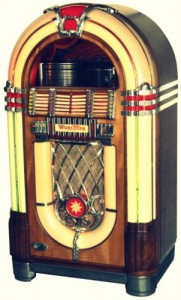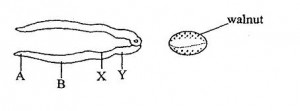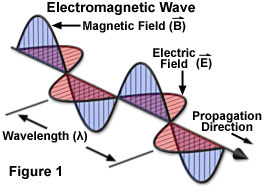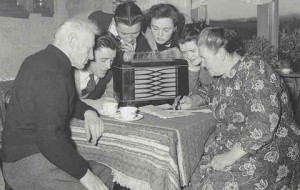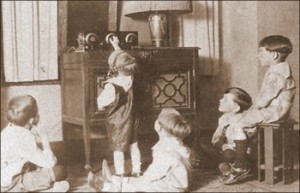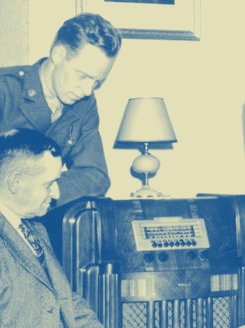Rave On Radio
/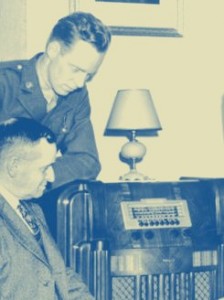
While Rave On Radio's upper side band signal was fairly weak, at least in my part of the world, on Friday night, I managed to record it just the same. The broadcast started around 23:15 UTC (February 1st) on 6,925 kHz.
I believe I recorded the entire broadcast; if not, I at least captured the majority of it. This is not "armchair" copy, of course, but it doesn't take seasoned ears to hear the IDs and music through the static, either. (Indeed, I rather appreciate this skill-dependent aspect of the listening hobby).
Click here to download an MP3 of the entire show, or simply listen in the embedded Archive.org player below:
Note:This is a recording of a real pirate radio broadcast. Though I don't think this broadcast applies, if you are easily offended by strong lyrics and offensive music, you should slowly back away.

